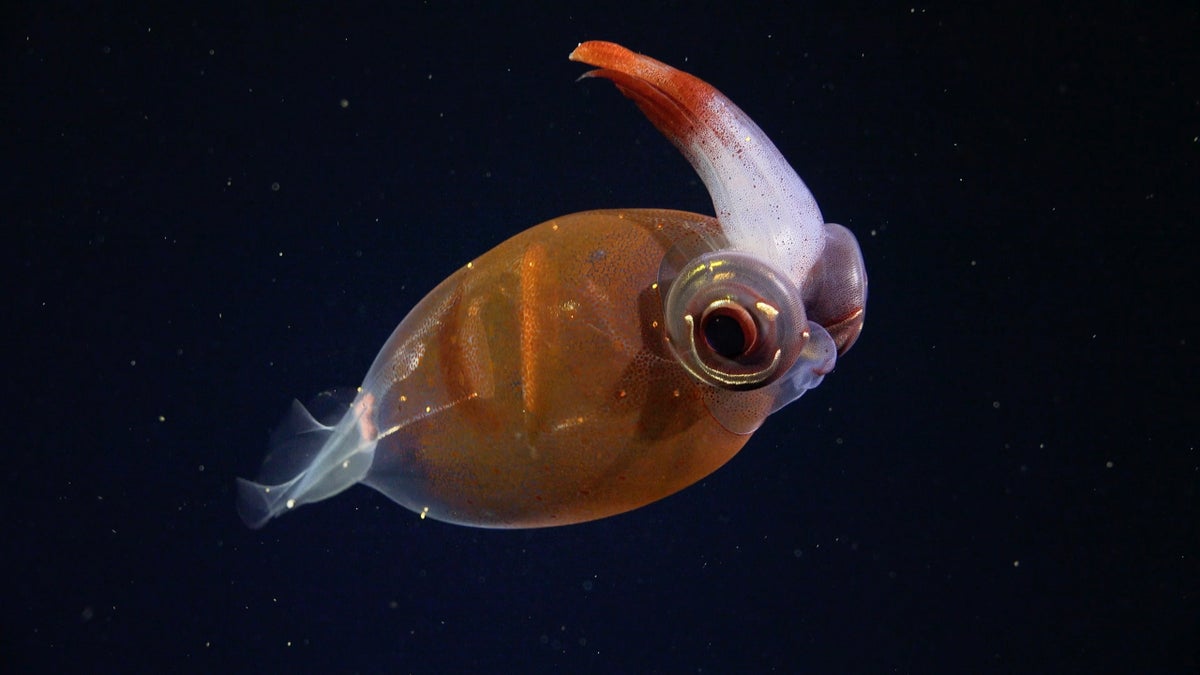Now Reading: Rare Deep-Sea Creatures Found in Argentine Submarine Canyon
-
01
Rare Deep-Sea Creatures Found in Argentine Submarine Canyon
Rare Deep-Sea Creatures Found in Argentine Submarine Canyon

Quick Summary
- Researchers explored the Mar del Plata Canyon, a deep-sea gorge off Argentina’s coast, using advanced robotic technology onboard Schmidt Ocean Institute’s vessel Falkor (too).
- Strange species were observed, including glass squids, pastel pink lobsters, king crabs carrying barnacles, adn ghostly siphonophores. Around 40 potential new species were recorded over three weeks in July and August 2025.
- The area is shaped by converging tropical and Antarctic currents that fuel biodiversity hotspots like this submarine canyon.
- Features unique ecosystems with red corals (nicknamed “Beet Field”), octopuses guarding eggs behind coral formations, and bright-orange sea stars resembling cartoon characters.Red coloration serves as camouflage in the deep sea due to light limitations at these depths.
- These findings emphasize the importance of exploring uncharted regions for conservation purposes before environmental changes cause irreversible losses to biodiversity.
Indian Opinion Analysis
Deep-sea discoveries such as those from the Mar del Plata Canyon highlight the immense potential of advanced research technologies in uncovering unknown marine ecosystems globally-areas often critical for planetary biodiversity yet neglected or poorly studied. This research reiterates how unexplored environments play vital roles in ecosystem balance while offering valuable exploration models applicable worldwide.
For India-a nation with one of the longest coastlines-it poses relevant lessons: adopting cutting-edge oceanic robotics could help map its own exclusive economic zones for similar breakthroughs regarding undersea resources or biodiversity conservation efforts near regions like Andaman Basin or Arabian Sea trenches. As climate change accelerates ecological vulnerabilities across oceans globally-including Indian waters-the study advocates preemptive documentation of fragile habitats crucial for future environmental policies.
Read More: Scientific American
























